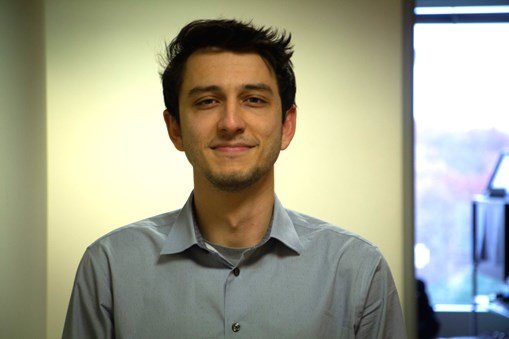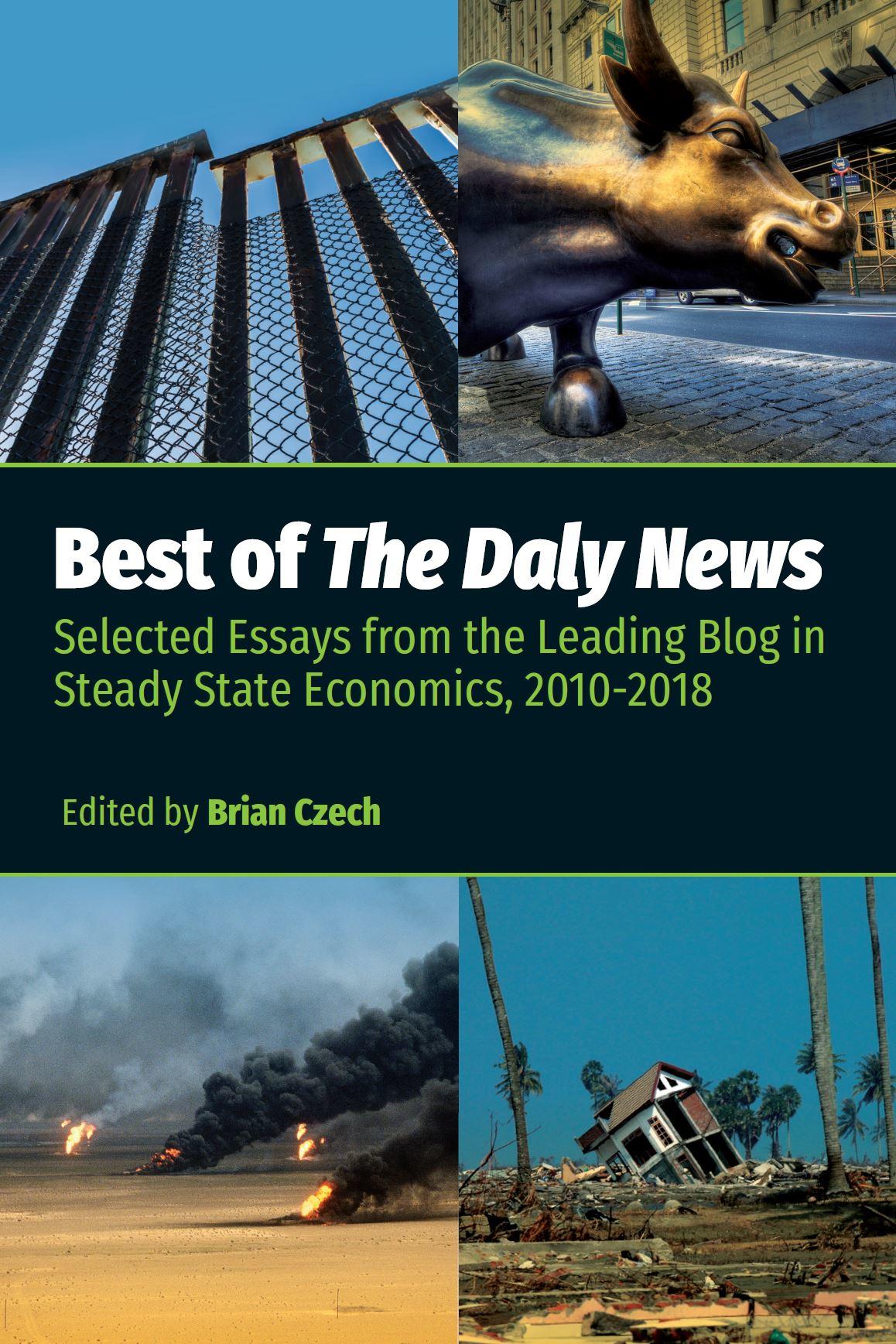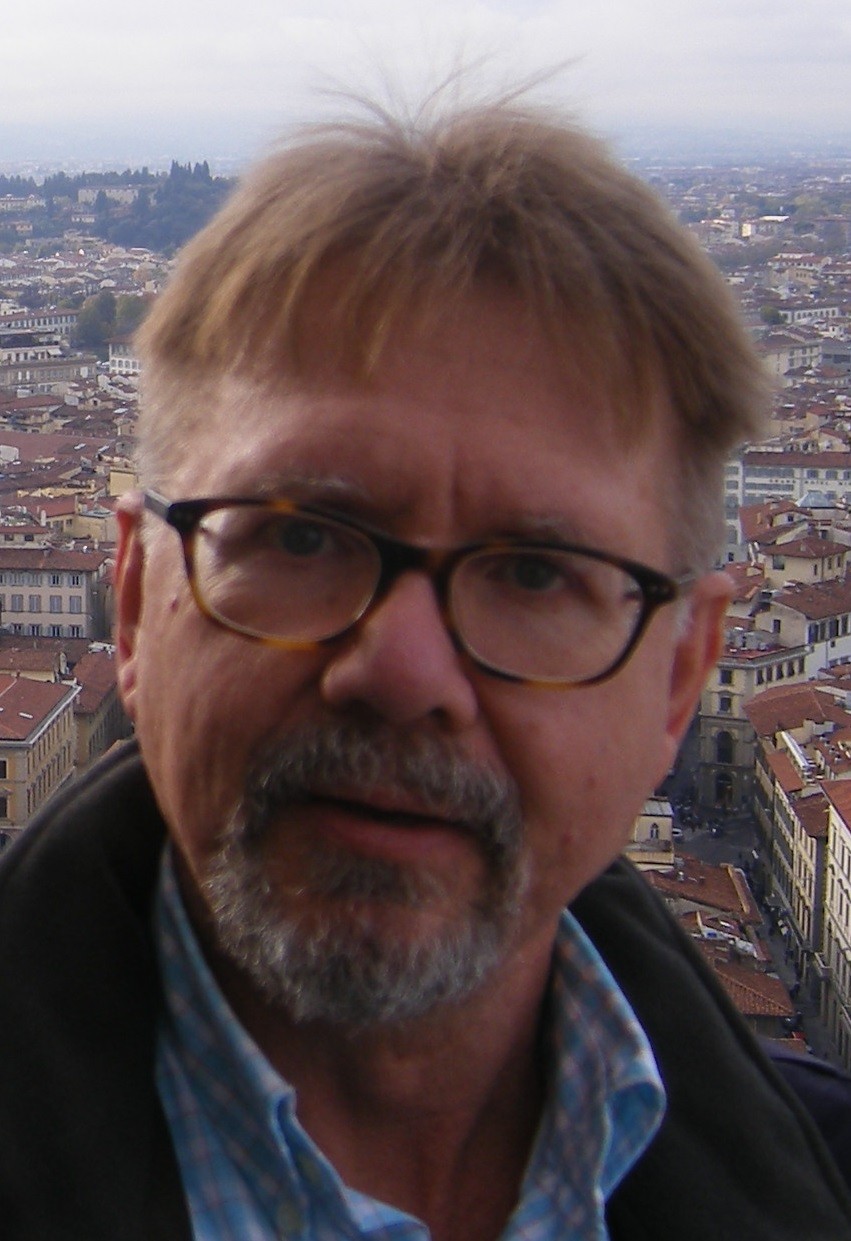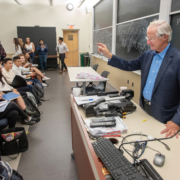My CASSE Internship: A Unique Experience in Unsustainable Times
By Ben Valdez
I don’t think it’s ever easy to consider being an unpaid intern right out of college. It’s something you don’t usually think about while you’re in school, at least from my experience, and it’s certainly not something you’re trained to aim for as a prospective graduate.

CASSE’s 2019 Editorial Intern, Ben Valdez
Before I came to the Center for the Advancement of the Steady State Economy in September of 2019, I had spent the summer at home in the Los Angeles sun, mulling over what I wanted to do with my life. I had graduated with a degree in English and found myself lacking in the ideal amount of experience to begin a full-time job, so I widened my search to include internships. I was really just eager to get my foot in the door somewhere.
When I took the position of Editorial Intern at CASSE, I didn’t know too much about what to expect beyond the basics of the role. The Steady State Press (CASSE’s new publishing arm) had not yet been fully formed, and my first assignment was to read Supply Shock, Brian Czech’s book on limits to growth and the steady state economy. Prior to that, I didn’t really have a firm grasp on CASSE’s definition of a steady state economy or the part it played in their mission.
Essentially, I spent my first week absorbing information about the history of economic growth, the evolution of classical into neoclassical economics, and the alternative, ecologically enlightened vision of steady-state economics. All of this served as the backdrop to begin understanding what exactly a steady state economy is and how it could be achieved.
I didn’t take a single economics course in college, mind you, so naturally I found myself diving straight into unfamiliar waters. Thankfully, Supply Shock’s accessibility and an informative presentation at the CASSE offices gave me a jumpstart into seeing the steady state as an economy that functions within the confines of our planet and that doesn’t grow or shrink too disruptively. Implementing a steady state economy would require a number of essential elements, including a stabilized population, restructured economic institutions, and diligent conservation of our natural resources. The small but determined CASSE staff often spoke of the increasing need for degrowth before a steady state economy (especially in American or global terms) could be sustained.
Beyond this burst of information in my early days as an intern, a lot of my conceptions about the steady state economy would come just by being present at CASSE. You could call it learning by doing or even learning by osmosis. I was soon assisting with the production of the Best of The Daly News, a compilation of the best articles from CASSE’s earlier blog. The first step in this project was to read through a large swath of the authors’ contributions and evaluate them. These authors had their own voices, backgrounds, and ways of talking about the steady state economy.
I gained a lot of knowledge on the breadth of the topic and how it could be applied to numerous different scenarios. I spent most of my time at CASSE working on Best of The Daly News, and it gave me a true understanding of how big this community of “steady staters” is, on a national and a global scale, and how passionate they are about the issue of endless growth.
What appeals to me most about steady-state economics ultimately came from reading over these articles again and again. It was the genuine concern for the state of the earth that I could hear in the voices of The Daly News writers. They weren’t writing for themselves but to advance an idea that was crucial for the survival for the planet. The CASSE blog was a platform for them to gather their thoughts carefully and display them for anyone serious about sustainability, and to me that’s one of the most important ways of advancing the steady state economy.
Getting people to listen is a crucial step, as is getting them to realize it’s not all as complicated as it may seem. I can attest to that; standing behind the movement came easily once I understood its integral tie to our planet’s health. And once I saw the lengths that contemporary economists will go to deny that economic growth is directly connected to the decline of this planet, I realized that we had a real problem on our hands. It’s not a problem that can be overcome in a week, or even a few months, but it’s certainly one worth tackling every day by raising awareness, refining the tenets of steady-state economics, and finding practical policy solutions for its gradual implementation.








Nice Ben. Welcome aboard. Thanks for your work and your passion.